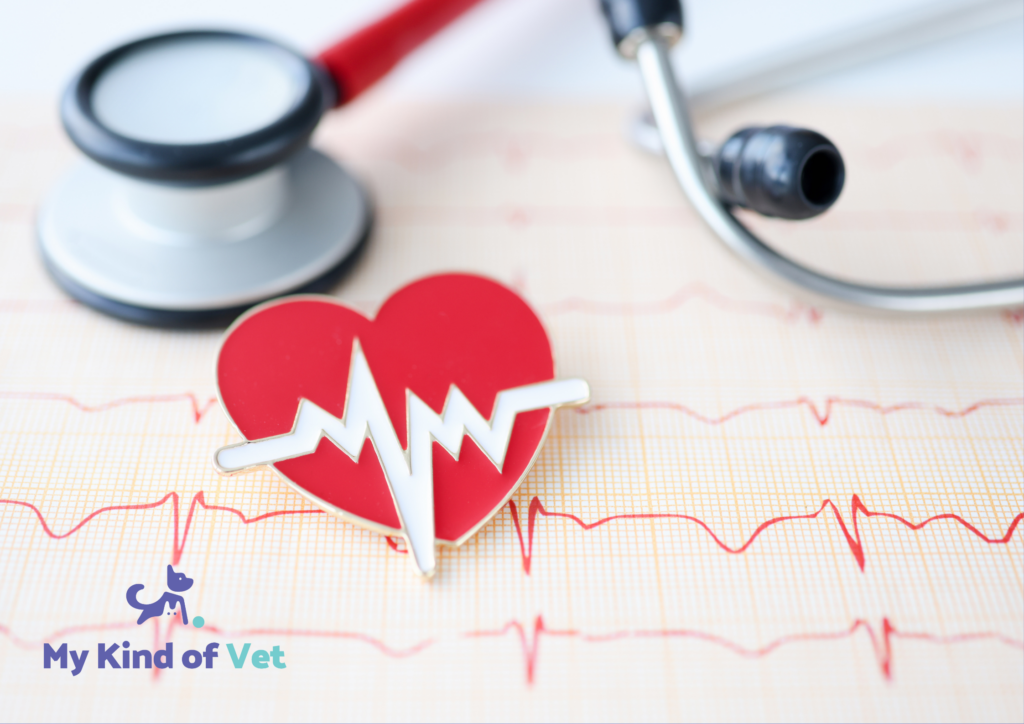When it comes to our beloved pets, we often think about their playful antics and cuddly nature. However, just like humans, our cats and dogs can face serious health issues, with heart disease being one of the most critical. Understanding the importance of heart health in our pets is vital for ensuring they live long, happy lives. Read on to explore why monitoring your pet’s heart health is essential, the signs to watch for, and tips to help keep their hearts in top shape. A healthy heart means a happier pet!
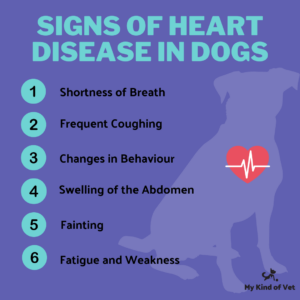
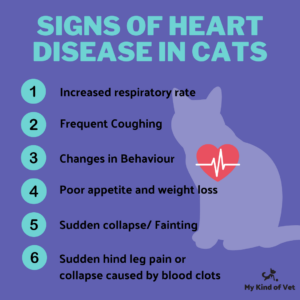
What are the symptoms Heart Disease?
Heart diseases can result in heart failure. Heart failure occurs when the body can no longer compensate for the disease within the heart. At this point pets start to show signs such as laboured or fast breathing at rest, reluctance to exercise, lethargy and weight loss.
While there is no cure for heart failure, it can usually be managed with medication and care. With appropriate management, we can also delay the progression of heart disease to heart failure.
Dogs and cats with heart disease may show no outward signs, this is why regular vet checks are so important. However, in time, the disease may progress, leading to the appearance of clinical signs.
DOGS:
Signs of heart failure can include:
Coughing
Laboured or fast breathing at rest
Reluctance to exercise/tiring more easily
Changes in behaviour
Poor appetite
Weight loss
Enlarged abdomen
Fainting
CATS:
Signs of heart failure can include:
Coughing
Laboured or fast breathing at rest
Reluctance to exercise/tiring more easily
Changes in behaviour
Poor appetite
Weight loss
Sudden hind leg pain or collapse due to blood clots
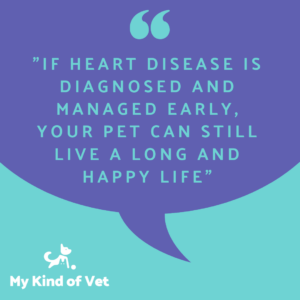
How can I help look after the heart health of my pet?
Very similar to humans you can follow some basic tips to a longer, healthier life
Healthy diet:
Feed your pet a balanced and healthy diet, adding fresh food if you are able to. Ensure your pet is getting all the essential vitamins and minerals that they require, and ask your vet if you aren’t sure.
Keep your pet at a healthy weight:
One of the worst things you can do for your pets health is let them be overweight. Speak to your vet if you are not sure if your pet is overweight, and ask them for advise if your pet does need to loose weight.
Regular exercise:
Regular low impact exercise is fantastic for health. Walking and swimming are great examples.
Manage stress:
If your pet is regularly stressed or anxious, consult your vet on management options. Just like humans, stress and anxiety can be very detrimental to your pets overall health
*please note all of these tips are generalised and may not suit every pet, especially those with other medical conditions to factor in. Always consult your vet for the best advice!
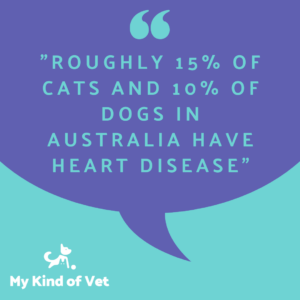
Is there anything I can keep an eye on at home?
Yes! You can monitor your pets RRR (resting respiratory rate) at home. The easiest way is by downloading this free app. Available from your normal app store.
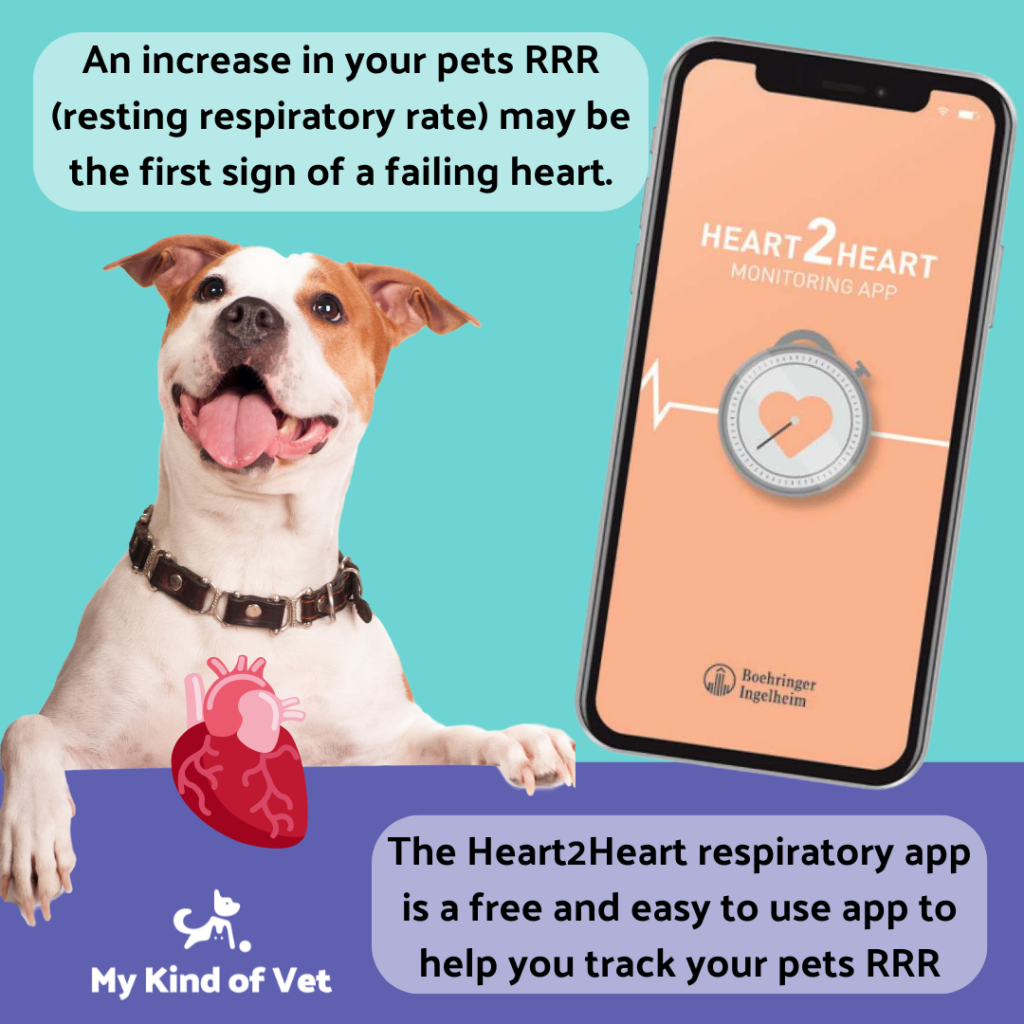
What is the most common kind of Heart Disease?
What is an Echocardiogram?
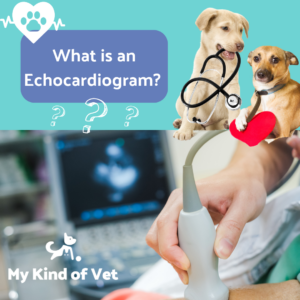
An echocardiogram, also known as an echo or cardiac ultrasound, is a diagnostic tool that looks closely at the heart as well as inside and around it. An echo uses high-frequency sound waves to create live images, allowing veterinarians to get an idea of what the heart looks like and how it is functioning in real time.
This is an extremely important diagnostic for us to determine if your pet needs to be on medication, and if so, what kind and how much. They should be done regularly for heart disease patients to keep an eye on heart health and any heart changes, so we can stay on top of the disease management

